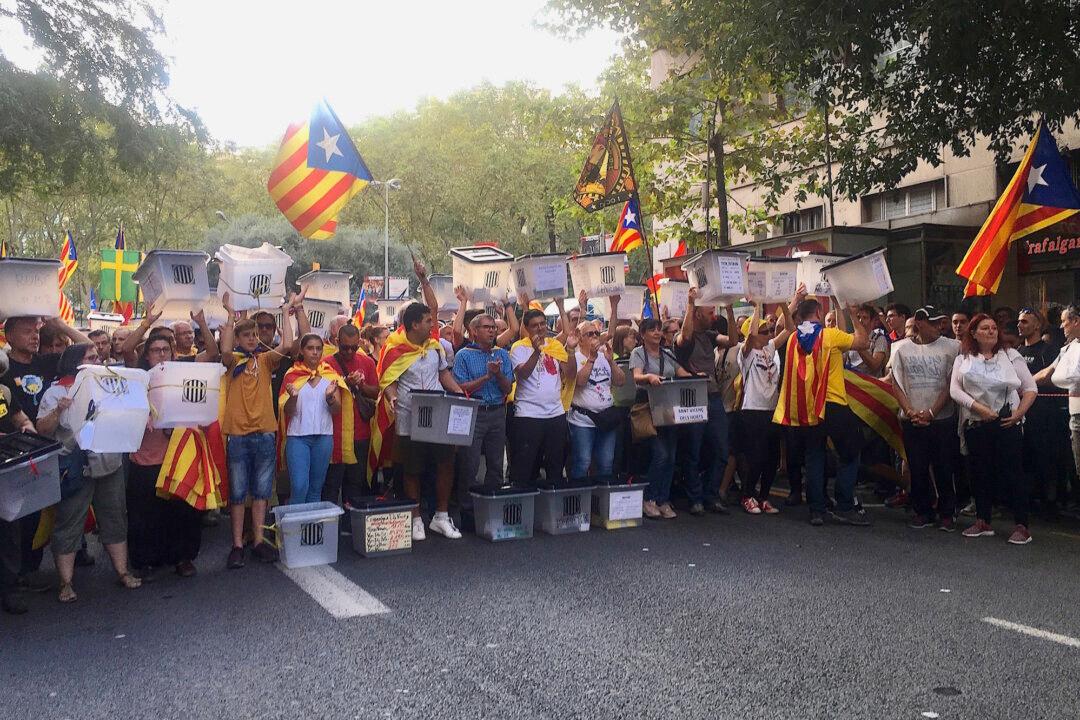BARCELONA—For some, the Spanish government’s plan to increase the minimum wage by a whopping 22 percent is a sign of economic recovery after the drawn-out economic nightmare the country had to grapple with following the 2008 world financial crisis.
But the opposition, business community, and even the head of the country’s central bank are warning that the plan by leftist Prime Minister Pedro Sanchez to increase the minimum wage to 900 euros ($1,010) a month from 735.9 euros ($826) would lead to job losses in a country that saw unemployment rates top the 25 percent mark during the crisis.




